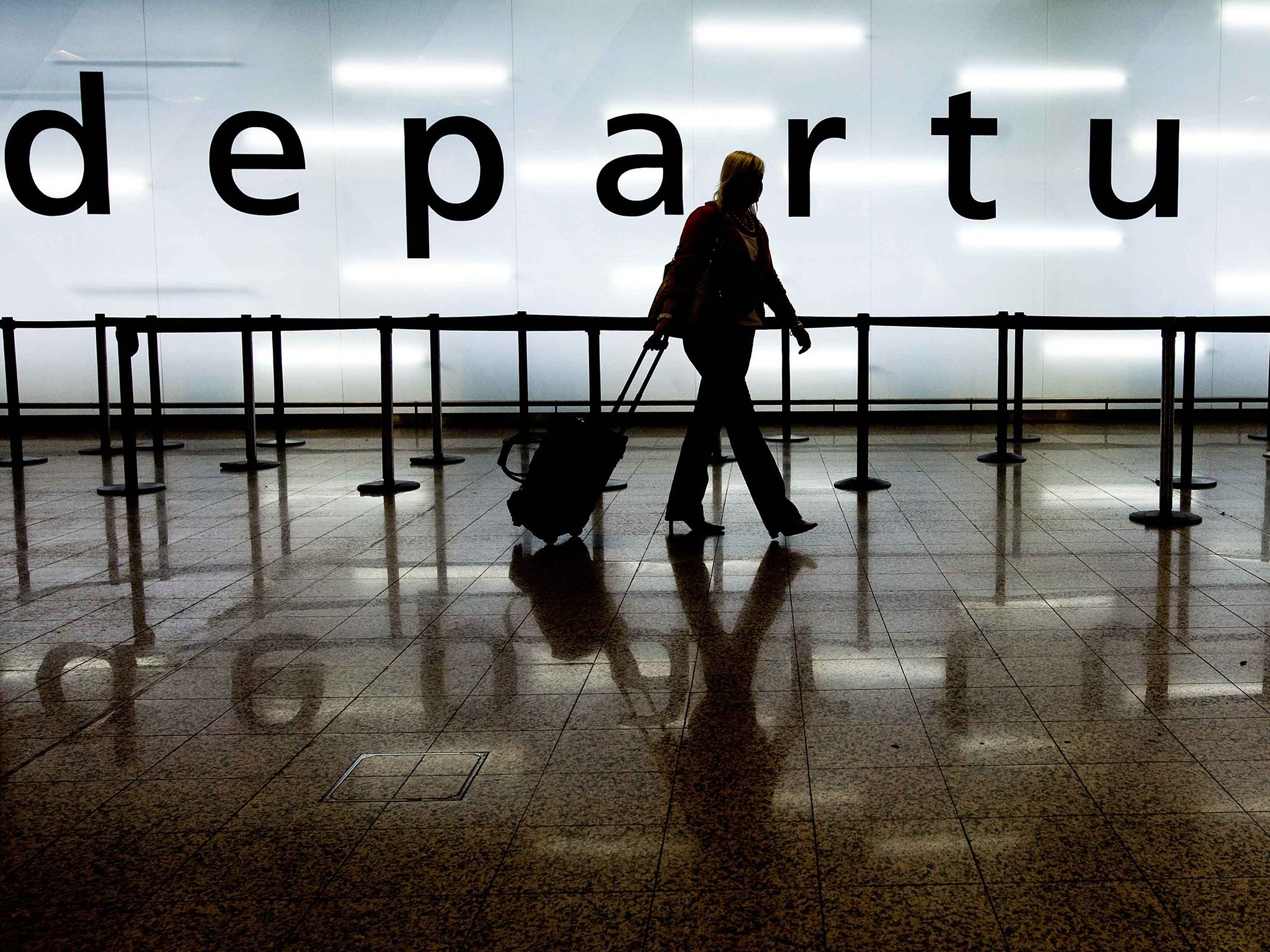What Glasgow, Aberdeen and Southampton airports sell-off means for passengers
They have been bought from former BAA by a consortium from Spain and Australia

Your support helps us to tell the story
From reproductive rights to climate change to Big Tech, The Independent is on the ground when the story is developing. Whether it's investigating the financials of Elon Musk's pro-Trump PAC or producing our latest documentary, 'The A Word', which shines a light on the American women fighting for reproductive rights, we know how important it is to parse out the facts from the messaging.
At such a critical moment in US history, we need reporters on the ground. Your donation allows us to keep sending journalists to speak to both sides of the story.
The Independent is trusted by Americans across the entire political spectrum. And unlike many other quality news outlets, we choose not to lock Americans out of our reporting and analysis with paywalls. We believe quality journalism should be available to everyone, paid for by those who can afford it.
Your support makes all the difference.The billion-pound sale of Glasgow, Aberdeen and Southampton airports by Heathrow Airport Holdings represents a final tidying up of the odd state of ownership of the trio.
The three were originally lumped in, along with Edinburgh and the big three London airports, under the British Airports Authority. It was privatised in the late 1980s. BAA, as the company became, was recently obliged by the competition authorities to sell Gatwick, Stansted and Edinburgh. That left BAA with Heathrow, the most valuable airport in the world, plus Glasgow, Aberdeen and Southampton.
Two years ago the company changed its name to Heathrow Airport Holdings, which rather showed some disdain for the other three - and indicated it was intent on becoming a one-airport company. Which it now is.
If the examples of Edinburgh, Stansted and Gatwick are followed, all three newly sold airports will both get an injection of enthusiasm and investment. Cosmetically you can expect a “de-BAAing” to take place, with that familiar yellow-on-black lettering binned, but more importantly the passenger experience should improve - and the number of flights will also rise as the airports aggressively go after business. Edinburgh has made great strides since it was bought by Global Infrastructure Partners, with new long-haul links from Chicago, Philadelphia and Doha.
The airports are of very different scale and competitive situations. Southampton handles an average of 5,000 passengers a day, and has strong competition from the UK’s giant airports, Gatwick and Heathrow, as well as nearby Bournemouth. Aberdeen handles 10,000 a day. It has a flourishing North Sea oil business, and is dominant in north-east Scotland - with six times as many passengers as Inverness. Glasgow is the only one of the three in the top 10 of the UK's airports, with 20,000 passengers a day. It has Prestwick down the road, and Edinburgh only 40 miles east. The new shareholders will be keen to make up some ground on Edinburgh, because since the capital’s airport was sold off it has attracted record numbers of flights and passengers. The move comes at the end of a week in which another British airport, Blackpool, closed because of what the owners described as chronic unprofitability. Earlier this year, Manston in Kent closed because of poor financial performance.
Join our commenting forum
Join thought-provoking conversations, follow other Independent readers and see their replies
Comments